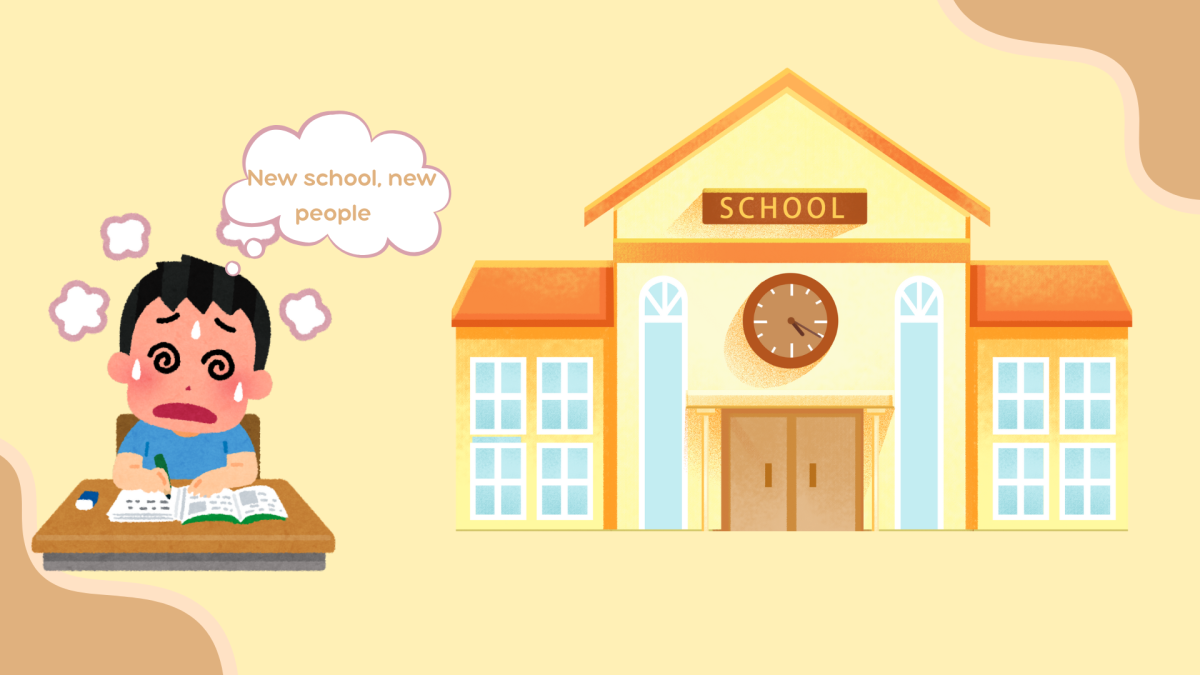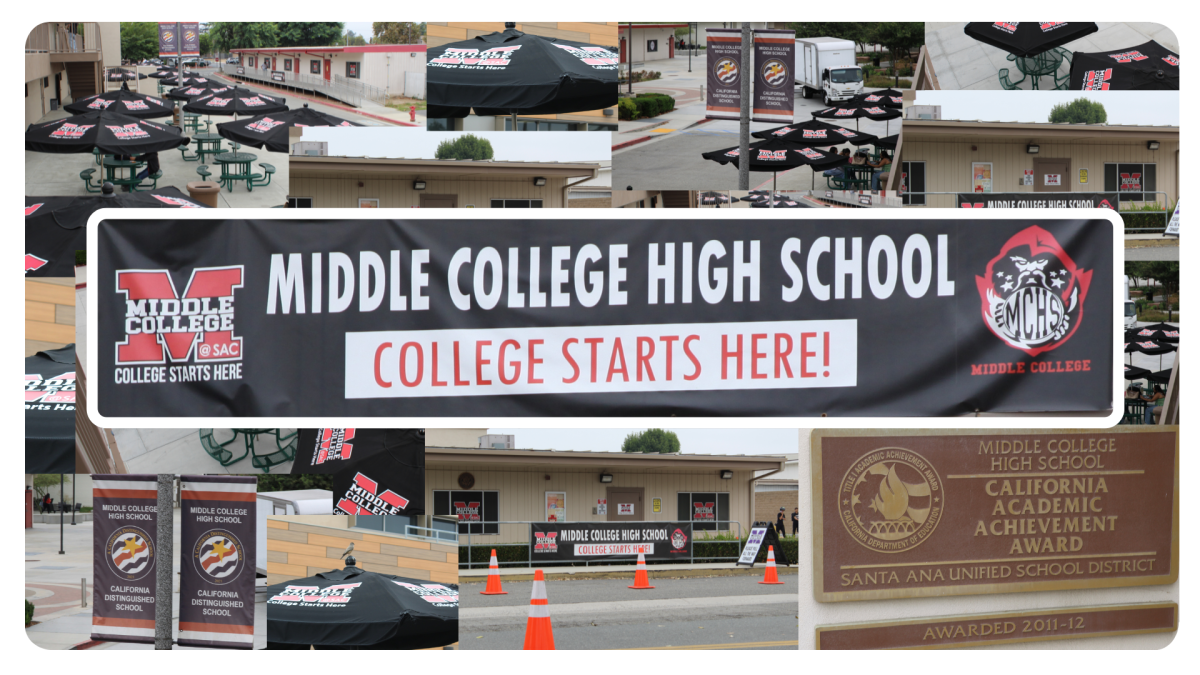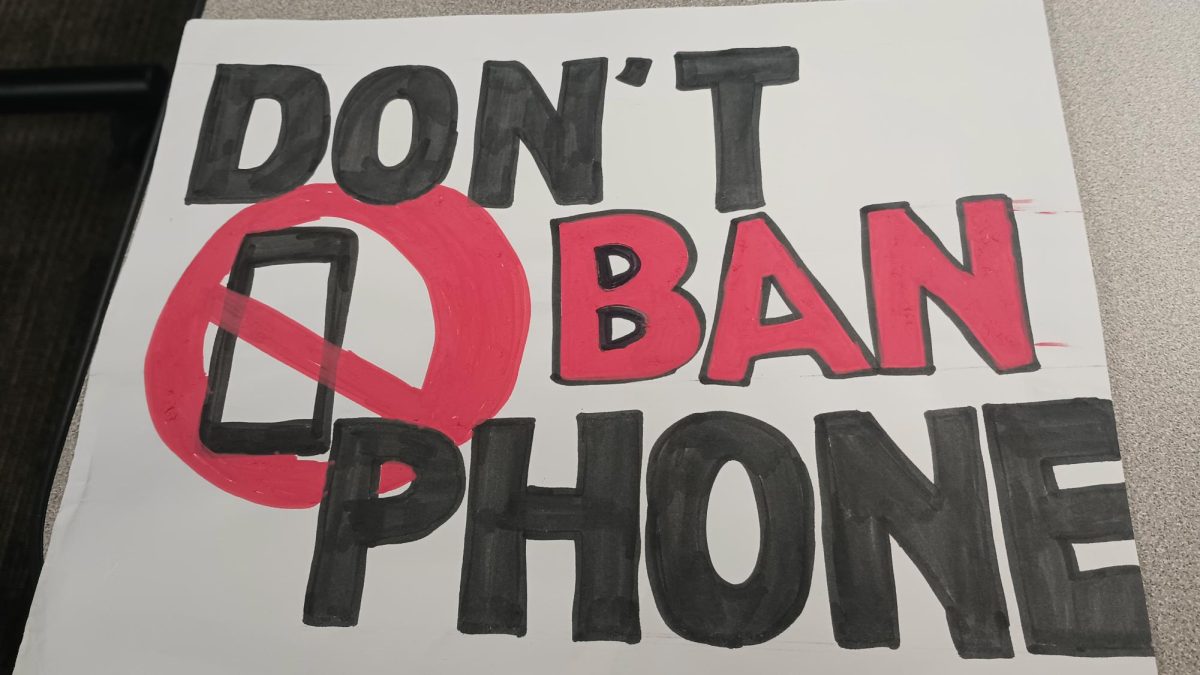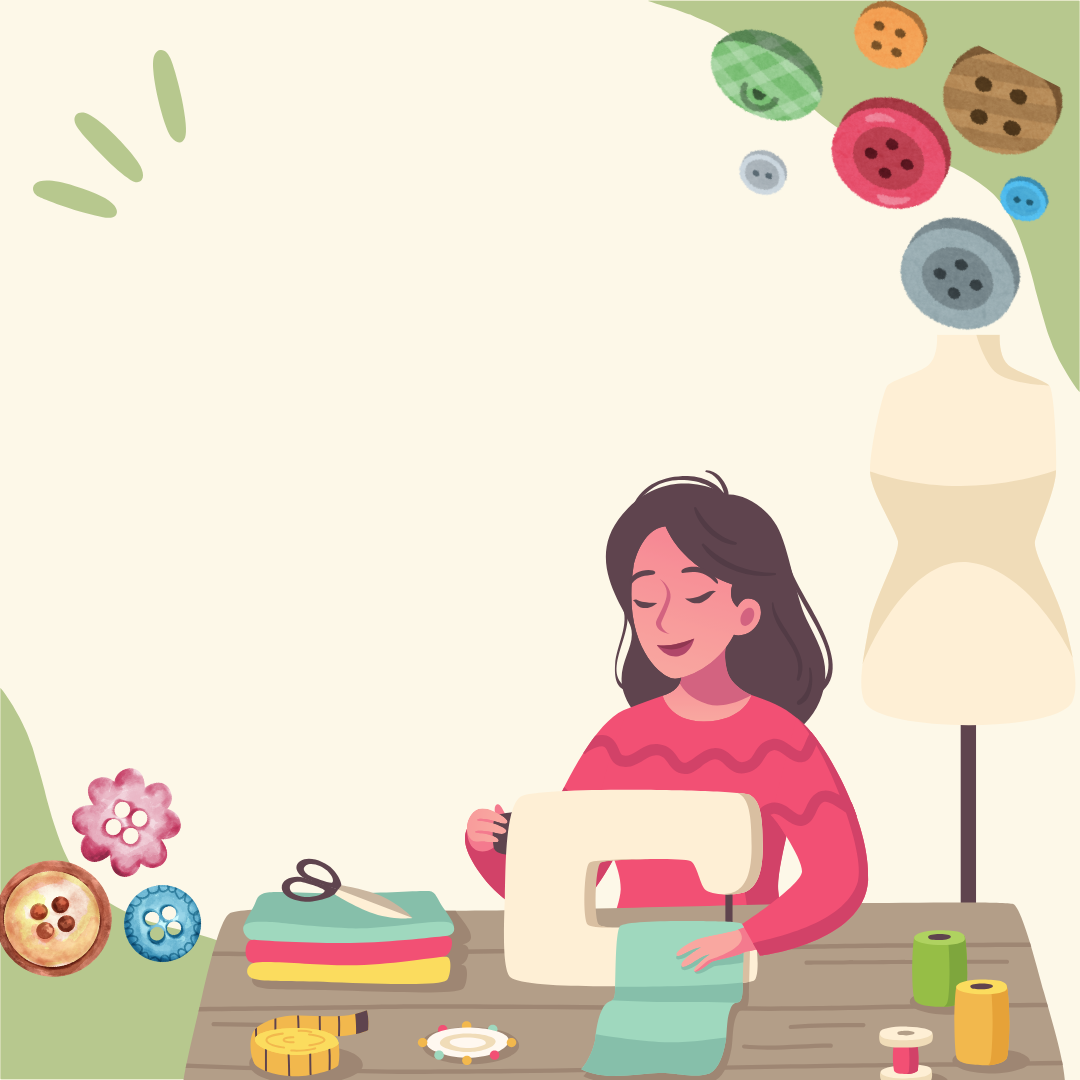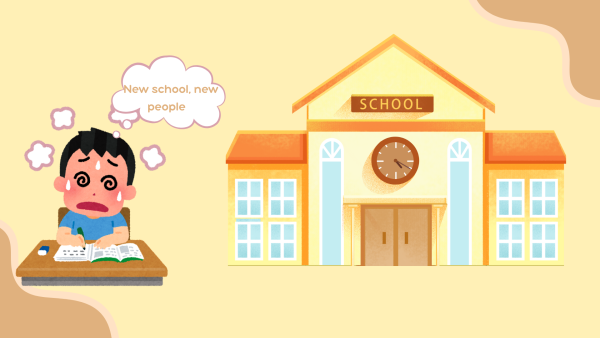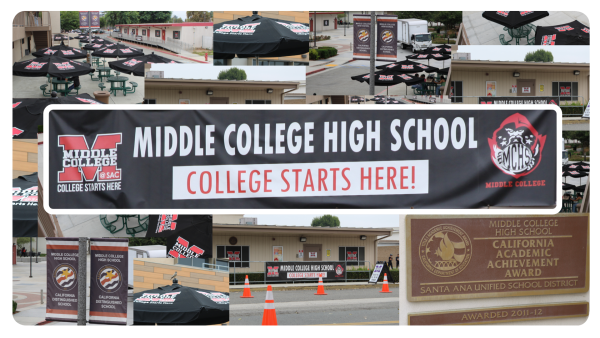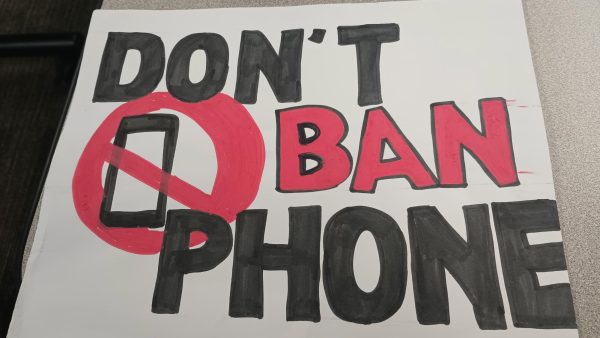Is “Period Poverty” an issue at our School?
If you’re a girl, you know what it is like when your period comes without warning. Perhaps it randomly happens during the school day so you go to the bathroom and do your routine, only to realize you were not prepared, or worse, you don’t have the money to buy period products, and you’re too embarrassed to ask your friends. So, what are you to do now? Now, you have to leave school without knowing if there’s an alternative solution to the problem.
By the time girls reach high school, most have met “Aunt Flo,” which is a term some use for when girls have their menstrual cycle. According to the Office on Women’s Health, on average, a girl will get her first period at the age of 12, and most girls will continue to have it for 40 years. Equally important, according to the American Pregnancy Association, a woman’s period can last from three to seven days. That’s three to seven days every month for 40 years.
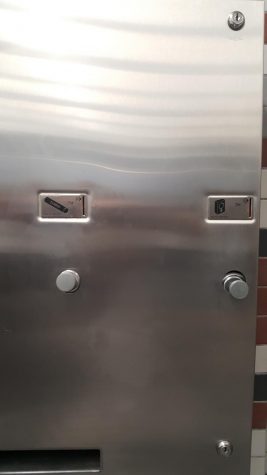
Feminine hygiene sanitary products dispenser in the girl’s locker room.
While those are the common features of periods, many don’t know the hidden cost of having a period. This hidden concern lies within the cost and availability of hygiene products, such as pads and tampons, not to mention other expenses such as pain relief. Fortunately, a recent California state law was passed that requires Title 1 schools to stock feminine hygiene products. MCHS is eligible for Title 1 Funding and provides pads in the nurse’s office. School nurse Kathy Mras says, “I never deny a child,” when it comes to girls asking for pads. However, she also said, “I’ve not had anyone tell me they have this problem,” when it comes to period poverty.
Principal Damon Voight, said that in his 15 years of teaching he has “seen it twice, where girls didn’t have access to feminine hygiene products and stayed home.” He also mentioned that by making both girls and boys aware the office has supplies, boys can help girls, and girls will stay in school.
Lynette Maharaj, the CTE medical core teacher, said, “To ensure that students have the necessary resources, schools provide meals and textbooks. Any intermediate, middle or high school that is not an all-boys school should also provide menstrual supplies as they are a basic necessity for every female who has experienced menarche. [Menarche means when a girl gets her first period.] Young females have enough to contend with when they reach this stage of their lives-it is a perplexing time for most with their hormones and bodies changing rapidly-without the additional worry of figuring out how to suddenly have to pay for monthly menstrual supplies.”
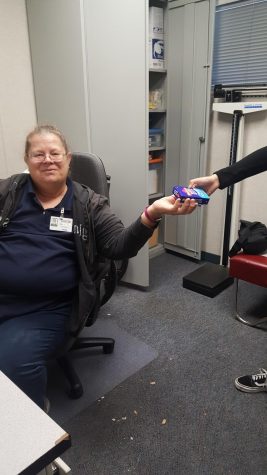
Nurse Kathy Mras hands a student a pad.
Additionally, Maharaj said, “Having grown up in South Africa among many disadvantaged and poverty-stricken families, I experienced, more often than I care to recall, female students, missing school for lack of menstrual supplies. Perhaps you’ve heard the term “being on the rag.” Well, it is a very real situation where females without the proper menstrual supplies resort to using rags and discarded clothing to create makeshift menstrual supplies that can be washed and reused. It is demeaning at a time when females really need to boost their self-confidence and blossom.”
This is not the first time people have brought this issue to light. Pulitzer Prize winners Nicholas D. Kristof and Sheryl WuDunn mentioned in their book, “Half the Sky” that “African girls typically use (and reuse) old rags during their periods, and they often have only a single torn pair of underwear. For fear of embarrassing leaks and stains, girls sometimes stay home during that time.”
A survey taken by 74 participants at MCHS, from sophomores to teachers, revealed the majority of people genuinely did not know if period poverty was an issue at MCHS ,and from the 48 female responses received, approximately 10 percent said they did not have enough resources to get menstrual products. While those results are low, any percent of females who feel this way is too much.
Voight said, “I think it’s part of our responsibility [to provide menstrual products]” and he even added that if they were to run out, “I would go get them.” With the resources the school provides, period poverty should not be an issue and in the words of Maharaj, “No female should ever have to go through the shame and embarrassment of not having their basic needs met.”
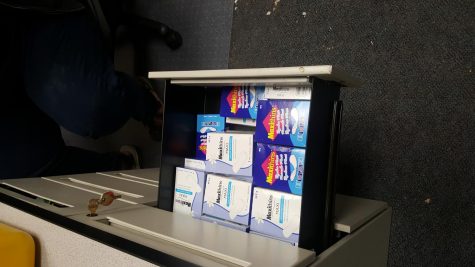
The drawer containing pads in Nurse Kathy Mras’s office.
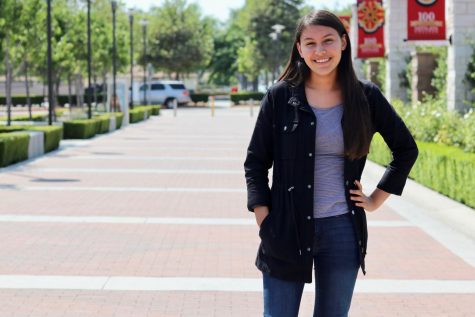
Fun Facts:
I have a white pet bunny with red eyes.
One of my favorite memories would be titled "The water-bottle incident."
My friends describe...

